Frank DeFilippo: Marilyn Mosby’s About to Meet Her Maker — the Voters
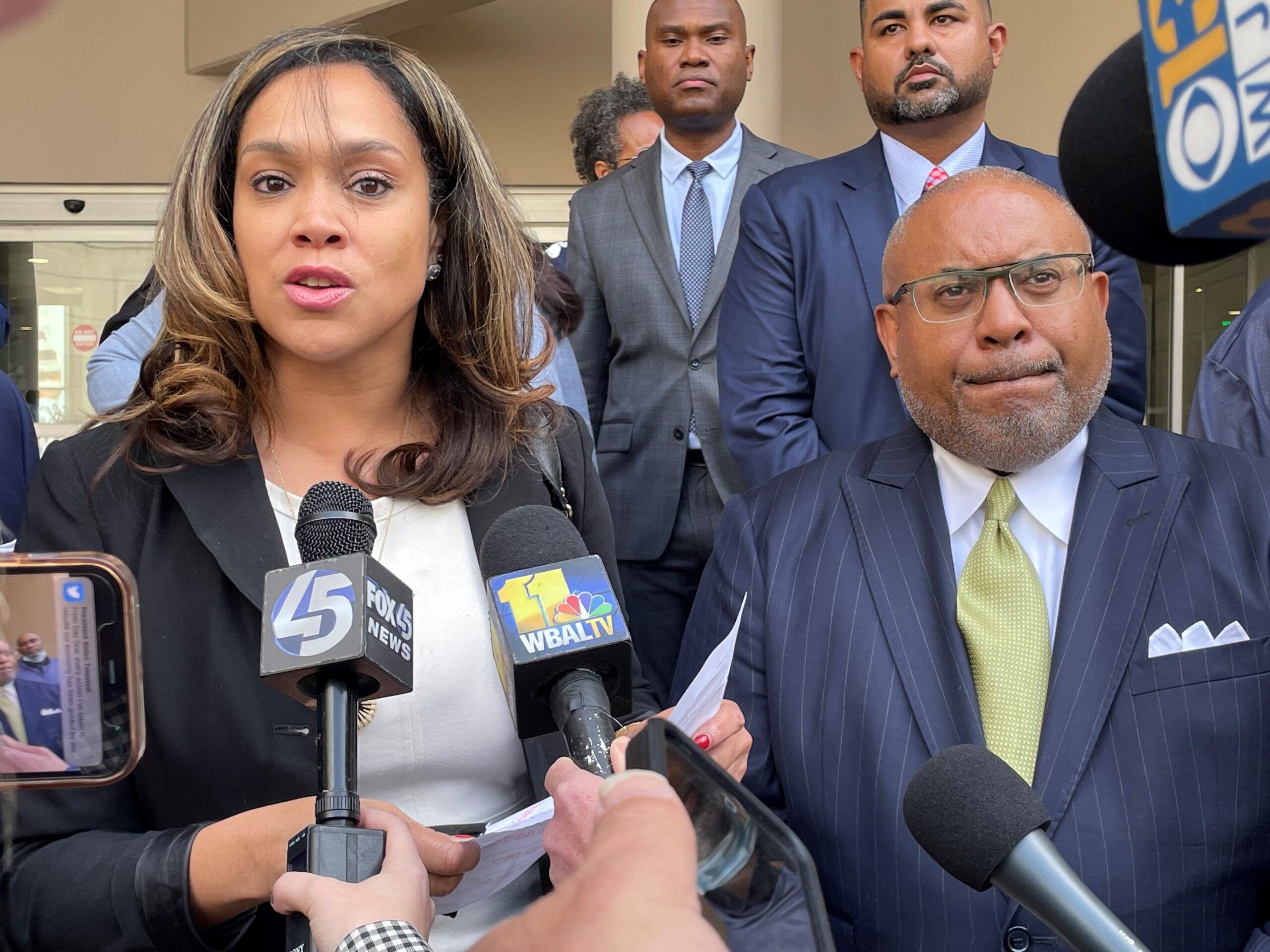
There are echoes of former mayors Sheila Dixon and Catherine Pugh in Marilyn Mosby’s campaign for reelection as Baltimore state’s attorney, none more relevant than the role of Black women voters in city elections.
Many observers are sizing up the contest as simply a reprise of the 2018 election. That may be the case, but only in the sense that the same three Democrats appear on the primary election dance card — Mosby, Thiru Vignarajah and Ivan Bates.
But there’s a fourth presence, the brooding, lengthened shadow of past elections and their prescient, indisputable consequences.
As every political hobbyist knows, Dixon was driven from City Hall, in part, by playing fast and loose with gift cards intended for the poor. She cashed them in for herself and relatives. Dixon’s redemptive bargain with the court was that she had to resign the mayor’s office and refrain from seeking elective office again for four years, the time-bracket she was on probation. (Dixon was allowed to keep her city pension.)
When her time in the penalty box expired, Dixon tried twice to reclaim the mayor’s office, losing once to Pugh, and again to the incumbent, Brandon Scott. Twice rejected, though in close contests, she vowed never to run again.
With that exemplar to follow, Pugh was overcome by her own greed. She confected a Ponzi scheme, not built on dollars or crypto currency, but on books, nominally known, grammatical errors and all, as Healthy Holly. Did anyone miss the irony in that juxtaposition?
The same inventory, some of it non-existent, or, to be charitable, unaccounted for, or warehoused, or whatever, was sold and resold several times over to the mellifluous tune of nearly a million dollars, a sizeable chunk of it — $500,000 — traced to the University of Maryland Medical Systems where she served on the board and had helped to regulate as a state senator.
The boodle was used to pay cash for a house (does this have a familiar ring to it?) where she could live in luxurious surroundings that, she said, in a fanstastical autobiographical moment, would allow her to present herself in the regal way a mayor should.
Much of the scheming and conniving occurred while Pugh was a member of the Maryland Senate and serving on committees that had regulatory oversight of those who sponsored Pugh’s brief adventure in authorship, with much of the product remaindered (but paid for).
Since her conviction and imprisonment, Pugh has suffered in silence and out of sight, her light-duty prison assignment completed, leaving only a paper trail and an object lesson in behavioral science.
Comes now Mosby, which is to say, right up front, that this is not a pre-judgement of innocence or guilt, but merely a presentation of a chain of events. The rest is up to a judge and jury, if the case proceeds that far — but the voters get first crack.
The Mosby situation is far more tangled and complex than either Dixon’s or Pugh’s predicaments. It involves the U.S. attorney’s office, the city’s ethics commission, the State Board of Elections, the Baltimore Inspector General’s office, the city’s state’s attorney’s office, the City Council president’s office, the city’s pension fund and three travel and leisure companies owned by Marylin Mosby, which she says are, or were, non-performing.
Her legal defense fund, according to reports, shows no gifts in its state ethics disclosure even though celebrity criminal defense lawyers early on encouraged contributions.
To recapitulate: The narrative began when Marilyn Mosby went house-hunting in Florida. She found two — one in Kissimmee for $545,000, and a second in Longboat Key for $476,000, a total of nearly a million dollars worth of real estate. They were financed, in part, with two loans, one for $490,000, and another for $428,000.
The Mosbys have a joint income of $367,355. Marilyn’s income as state’s attorney is $238,000, and Nick’s, as City Council president, is $128,583.
Along the way, Marilyn, claiming hardship, withdrew a large chunk of money — $50,000 — from the city pension fund, which, she later claimed, is “my money.” Also involved is a check that allegedly originated from a dead grandparent through the power of attorney of Nick Mosby, according to reports. It was described by the Mosbys as a “simple administrative oversight.” There was also shifting of money between husband and wife.
Federal prosecutors allege the case also involves fudged documents to enhance the Mosby’s financial position.
Marilyn Mosby and her attorneys claim that she is the victim of prosecutorial prejudice because of her progressive approach to criminal justice. And somewhere in the case there is the allegation by Marilyn Mosby herself that she was also the subject of sexist remarks, innuendoes or observations.
Both the federal judge in the case, Lydia Kay Griggsby, and the U.S. attorney, Erek Barron, are black.
At a recent pre-trial hearing, Marylin Mosby’s attorney, A. Scott Bolden, argued that the lead federal prosecutor, Leo J. Wise, singles out Black elected officials for investigation and prosecution.
“Are you aware, Mr. Bolden, of any evidence that Mr. Wise has been found to have prosecuted someone because of their race,” Griggsby asked, accord to reporting in Baltimore Brew.
“In all fairness, Judge, I am not.”
There’s a sly little line that permeates legal training: If you have the facts, argue the facts. If you don’t have the facts, just argue. Enough said.
So here we are. Marylin Mosby waited until a day before the April 15 filing deadline to join the Democratic primary race. Her trial date is Sept. 19, and the election date is July 19.
She’ll be running in the shadow of Dixon and Pugh, one who was repudiated twice, and the other who lives in disgrace.
And consider that Bernard “Jack” Young, who ascended to the mayor’s office in Pugh’s departing wake, was rejected by Black voters at the voting booth, in part, it was whispered, for lacking the panache expected of a big-city mayor.
In a city of less than 600,000, down from roughly 900,000 a half century ago, the Black composition of Baltimore is 62.8 percent.
Black women, motivated by strong attachment to their churches and the stabilizing centerpieces of family life within their communities, have been the driving force of voting in Baltimore City. They are repelled as much as anyone, perhaps even more so because of its closeness, by the crime wave and the easy gun play that terrorizes the city, largely their neighborhoods.
For her part, Mosby, rightly or wrongly, has been at odds with the cops. While they continue to pursue and arrest offenders at all levels in the criminal pecking order, Mosby has publicly telegraphed the message that she’ll refuse to prosecute low-level crimes — bucking the police and sentiment within her own community, thus creating the appearance of allowing crime to continue unchecked.
Even Gov. Lawrence J. Hogan Jr. (R) joined the ruckus over Mosby’s view of low-level offenders. He battled with her publicly, threatened to cut off funds, joined with Police Commissioner Michael Harrison and Mayor Brandon Scott — himself a willy-nilly convert from defund the police to fund the police — in a crimefighting alliance, and, finally, whiplashed over party protocols to endorse a Democrat to succeed Mosby.
Mosby’s defense so far has been victimhood. If she remains a candidate, soon she’ll face two juries: a jury of Baltimore voters, mainly Black women, who’ll decide whether she’s a worthy representative to remain in office, and a second, federal jury of her peers will decide her innocence or guilt. (It’s important to note that the courtroom jury will be chosen from a statewide jury pool and not just the limited eligible population from Baltimore.)
Voters have no one to blame but themselves for the elected officials they get.
Editor’s Note: This story was updated to correct Baltimore’s 2020 population and the mayor that Bernard “Jack” Young replaced.
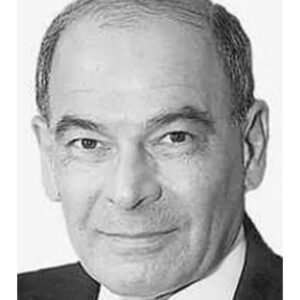
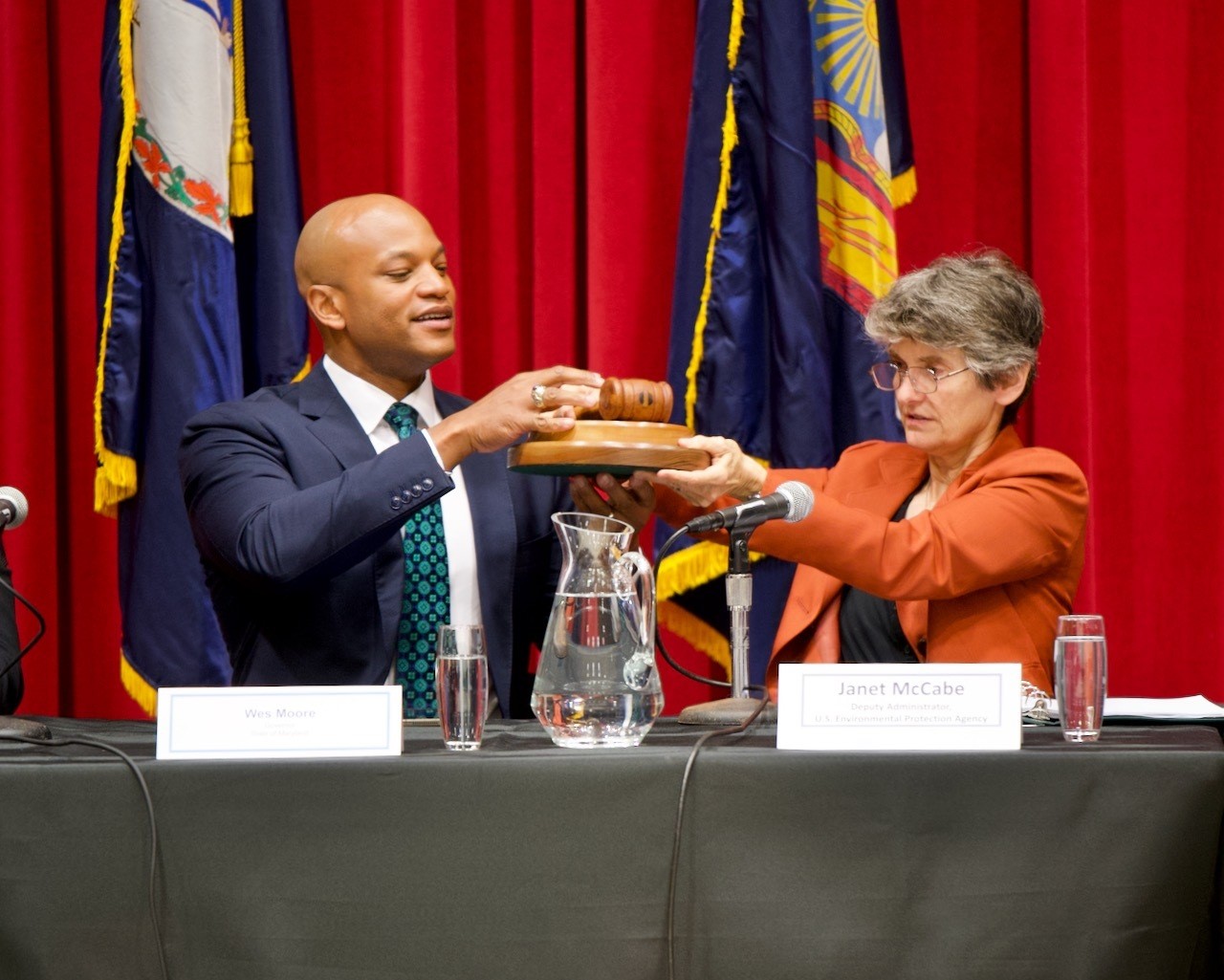
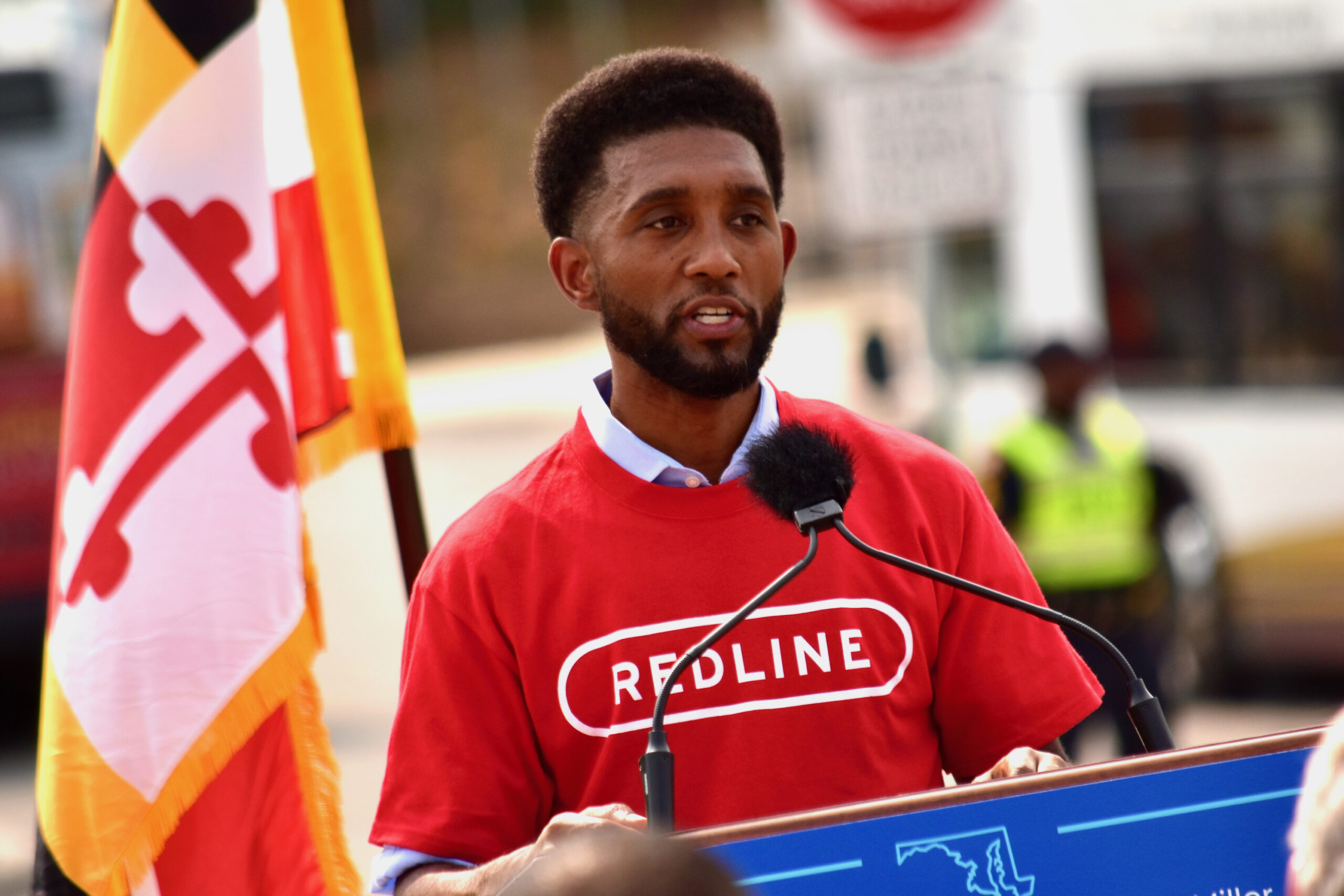
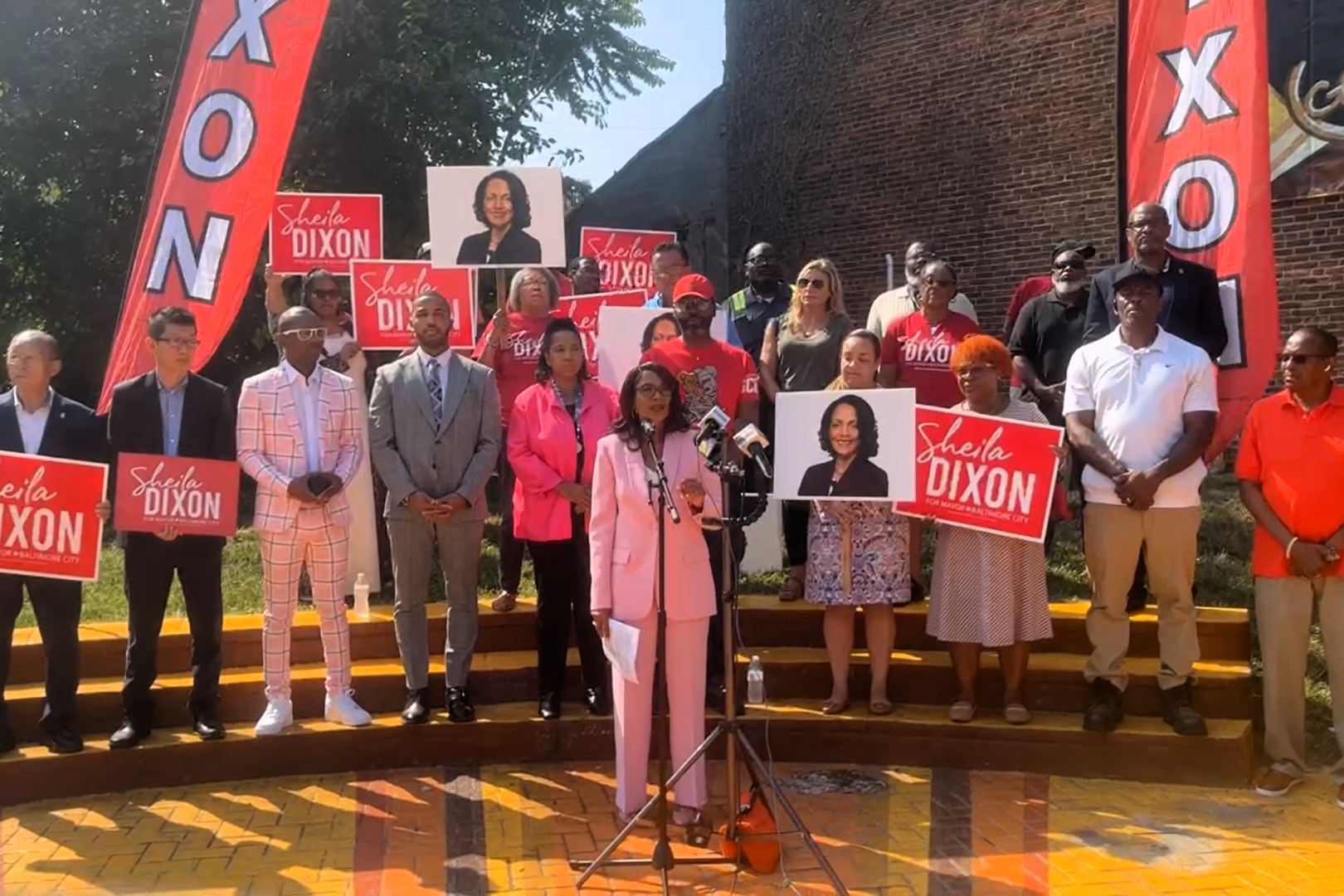
 Creative Commons Attribution
Creative Commons Attribution